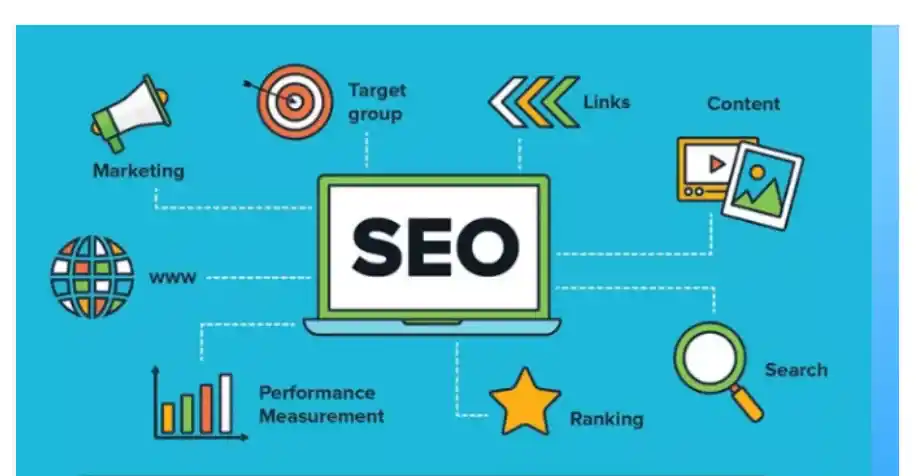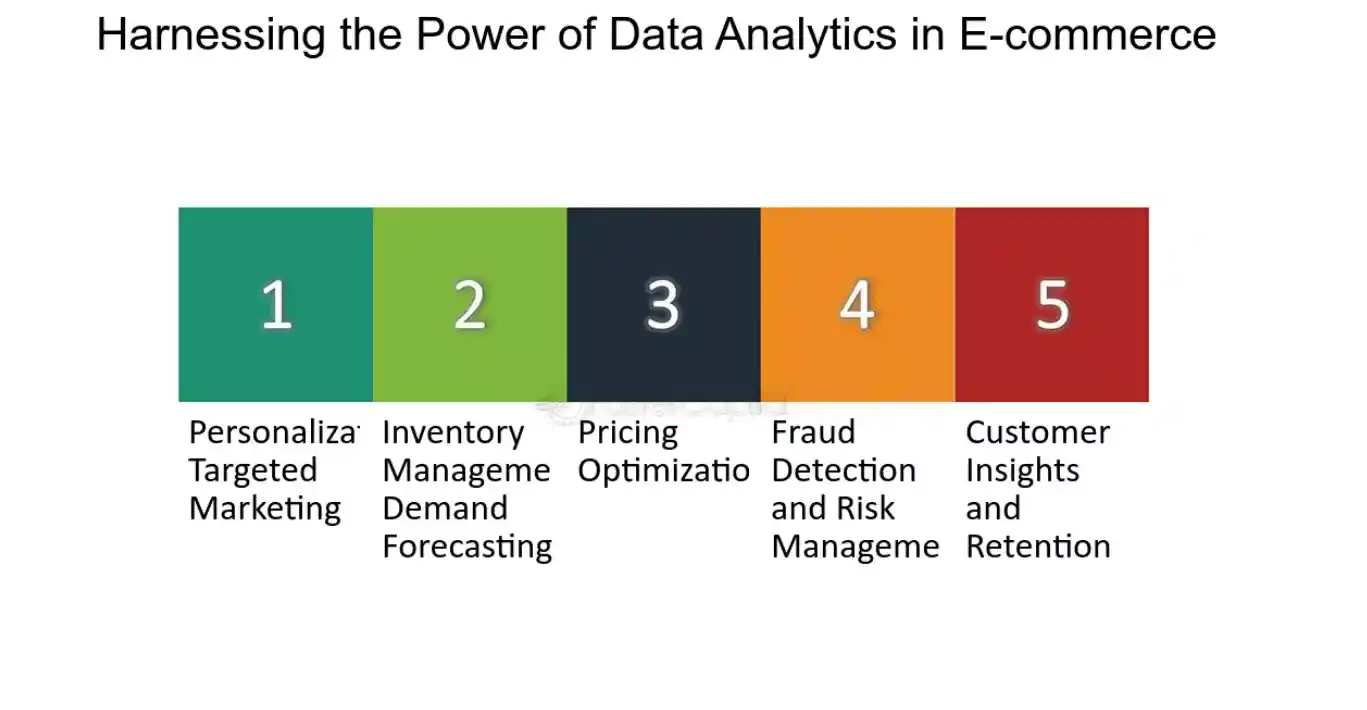Table of Contents
In the fast-paced world of e-commerce, e-commerce developers play a paramount role in steering online businesses toward success. As competition intensifies, mastering key skills becomes non-negotiable for developers striving to thrive in this ever-evolving domain. This article delves into seven indispensable skills pivotal for e-commerce developers to achieve empowerment and success.
E-commerce developers are the architects behind seamless online experiences, shaping the digital storefronts that captivate and convert customers. Their proficiency in programming languages, adeptness with e-commerce platforms, and understanding of UI/UX design principles ensure the creation of user-friendly and visually appealing websites.
Moreover, their expertise in SEO techniques, integration of secure payment gateways, and implementation of analytics tools drive traffic, enhance security, and optimize performance.
Continuous learning and adaptability are also crucial for e-commerce developers to stay ahead in this dynamic field. By mastering these vital skills, e-commerce developers not only solidify their roles as indispensable assets but also propel online businesses toward sustainable growth and prosperity in the competitive e-commerce landscape.
7 Vital E-commerce Developer Skills
1. Proficiency in Programming Languages

At the heart of e-commerce development, proficiency in programming languages is paramount for E-commerce developers. Mastery in HTML, CSS, JavaScript, and PHP is indispensable, as these languages form the foundation for building responsive and functional e-commerce websites.
HTML provides the structure, CSS adds style and layout, and JavaScript enhances interactivity. PHP is crucial for server-side scripting and database interactions, facilitating dynamic content generation and seamless user experiences. Adeptness in these languages empowers E-commerce developers to create user-centric interfaces, optimize website performance, and develop robust back-end systems, ensuring the smooth functioning and success of online businesses.
2. Understanding of E-commerce Platforms
E-commerce developers must have an in-depth comprehension of leading e-commerce platforms like Shopify, Magento, WooCommerce, and BigCommerce. This familiarity empowers them to harness the full potential of each platform’s features, enabling tailored customization to meet precise business needs.
By adeptly navigating these platforms, developers can optimize website performance, enhancing user engagement and ultimately boosting conversion rates. Understanding the intricacies of these platforms equips e-commerce developers with the knowledge needed to create seamless online shopping experiences, from intuitive navigation to secure transactions.
Mastery of these platforms not only ensures the development of robust online stores but also enables developers to adapt quickly to evolving market demands, cementing their reputation as skilled and versatile professionals in the e-commerce industry.
3. Knowledge of UI/UX Design Principles
E-commerce developers play a pivotal role in ensuring the success of online storefronts by prioritizing user interface (UI) and user experience (UX) design principles. They must understand the significance of accessibility, responsiveness, and intuitive navigation in creating visually appealing and user-friendly e-commerce platforms.
Accessibility ensures that the website is usable by individuals with disabilities, while responsiveness guarantees optimal performance across various devices and screen sizes. Intuitive navigation enhances the browsing experience, making it easier for customers to find products and complete purchases seamlessly.
By integrating these UI/UX considerations into their development process, e-commerce developers can significantly enhance customer satisfaction, increase engagement, and ultimately drive sales, leading to the overall success of the e-commerce venture.
4. Proficiency in SEO Techniques

For an e-commerce developer, mastering SEO techniques is fundamental for enhancing the visibility and success of online stores. Through meticulous keyword research, they identify terms and phrases relevant to their products, integrating them strategically into product descriptions, meta tags, and URLs.
On-page optimization involves optimizing page titles, headings, and image alt text to align with target keywords, while site structure optimization ensures a user-friendly navigation experience and efficient crawling by search engine bots. By prioritizing these aspects, e-commerce developers can elevate their websites’ rankings in search engine results pages, driving organic traffic and improving overall online presence.
A proficient e-commerce developer understands that SEO isn’t just about appeasing search algorithms but also about delivering valuable content and experiences to users, ultimately contributing to the success of e-commerce endeavors.
5. Knowledge of Payment Gateway Integration
Smooth and secure payment transactions are integral to the success of any e-commerce venture. E-commerce developers play a critical role in this aspect by leveraging their expertise to integrate trusted payment gateways like PayPal, Stripe, and Authorize.Net seamlessly into online stores.
Exploring tailored options can benefit businesses requiring specialized solutions, such as those handling high-risk transactions. Find out about payment solutions designed for high-risk industries to ensure secure and reliable payment processing.
By doing so, they ensure that customers can make purchases with confidence, knowing that their payment information is protected. Additionally, e-commerce developers optimize the checkout process for efficiency and convenience, minimizing cart abandonment rates.
Their proficiency in implementing secure payment solutions and streamlining checkout workflows instills trust in customers, fostering loyalty and enhancing the overall shopping experience. In essence, the role of an e-commerce developer in ensuring smooth and secure payment transactions is paramount for driving sales and building a reputable online brand.
6. Ability to Implement Analytics and Tracking
E-commerce developers play a pivotal role in optimizing online performance through data-driven decision-making. Proficiency in implementing analytics tools like Google Analytics is essential. These developers track crucial metrics such as website traffic, conversion rates, and user behavior. By delving into data insights, E-commerce developers can pinpoint areas for enhancement and fine-tune strategies to maximize online sales.

This analytical approach enables them to understand customer preferences, identify bottlenecks in the user journey, and optimize website functionality accordingly. Ultimately, E-commerce developers harness the power of data to drive continuous improvement and ensure the success of online businesses in the competitive e-commerce landscape.
7. Continuous Learning and Adaptability
E-commerce developers inhabit a dynamic realm where adaptability is paramount. With the landscape constantly evolving and fresh technologies surfacing regularly, they must cultivate a mindset of perpetual learning. By remaining abreast of emerging trends and advancements in e-commerce technology, developers can future-proof their skill sets and retain a competitive edge.
This commitment to ongoing education ensures they can swiftly adapt to shifting market demands and evolving consumer preferences. In embracing continuous learning, e-commerce developers position themselves as agile professionals equipped to navigate the ever-changing landscape of online commerce, ultimately bolstering their value to businesses seeking sustainable growth and innovation.
Related Article:
ECommerce App Development: A Complete Guide for 2024
Conclusion
Mastering the seven vital skills outlined in this article is crucial for e-commerce developers to thrive in the competitive online marketplace. Proficiency in programming languages lays the foundation for building responsive websites, while SEO expertise ensures visibility and customer engagement.
Additionally, understanding e-commerce platforms and integrating payment gateways are essential for seamless transactions. Adaptability and continuous learning enable developers to stay ahead of evolving trends, while UI/UX design principles enhance user experiences.
By honing these skills, e-commerce developers become invaluable assets, driving growth and ensuring sustainable success for online businesses. Staying abreast of industry trends and refining their expertise positions e-commerce developers as indispensable partners in achieving excellence in the dynamic world of online commerce.